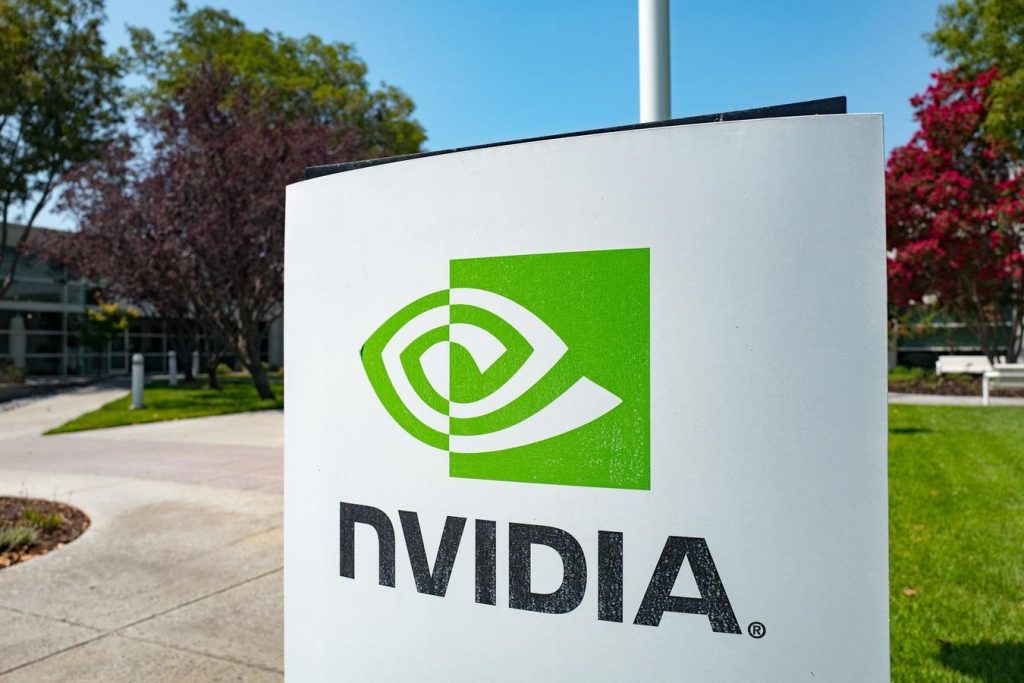Nvidia has reported strong Q1 FY’25 results, with revenues more than tripling year-over-year to $26 billion and net profits up over 7x to $14.9 billion. The company’s stock jumped almost 6% in after-market trading, reaching the $1,000 mark for the first time. Nvidia’s Data Center segment saw significant growth, driven by increased demand for accelerated computing chips for artificial intelligence tasks. The company’s outlook remains strong, with guidance for $28 billion in revenue for Q2 FY’25, double what it was in the year-ago quarter.
Despite the strong performance, Nvidia’s stock has seen fluctuating returns, with gains of 630% from early 2021 to now, but underperforming the S&P 500 in 2022. Beating the S&P 500 consistently has been challenging for individual stocks, including other technology giants such as Microsoft, Apple, and Amazon. The Trefis High Quality Portfolio, on the other hand, has outperformed the S&P 500 each year over the same period, providing better returns with less risk. The uncertain macroeconomic environment raises questions about whether Nvidia could face similar underperformance in the future.
The announcement of a 10-for-1 stock split could result in near-term gains for Nvidia’s stock. Stock splits often cause a run-up in stock prices post-announcement, making shares more accessible to smaller investors and indicating confidence in the company’s prospects. However, there are risks associated with Nvidia’s current valuation, trading at about 40x consensus 2025 earnings and 31x 2026 earnings. The surge in GPU demand could potentially ease, as AI models move towards lower-power requirements or on-device capabilities, reducing demand growth for GPUs. Competition from players like AMD and big tech companies developing their own AI chips could pose a risk to Nvidia’s market dominance.
Despite the risks, Nvidia remains a key player in the AI chip market with strong growth prospects. The company’s accelerated computing chips are ahead of rivals in terms of performance, and its ecosystem of AI tools and software continues to drive sales and customer loyalty. While the stock may be trading at a premium, the market is pricing in Nvidia’s dominance in the AI chip market, which may not be guaranteed. Trefis values Nvidia stock at $892 per share, slightly below the current market price, citing potential risks in the evolving competitive landscape and demand dynamics in the AI chip market. Investors will need to closely monitor how Nvidia navigates these challenges in the coming quarters.













